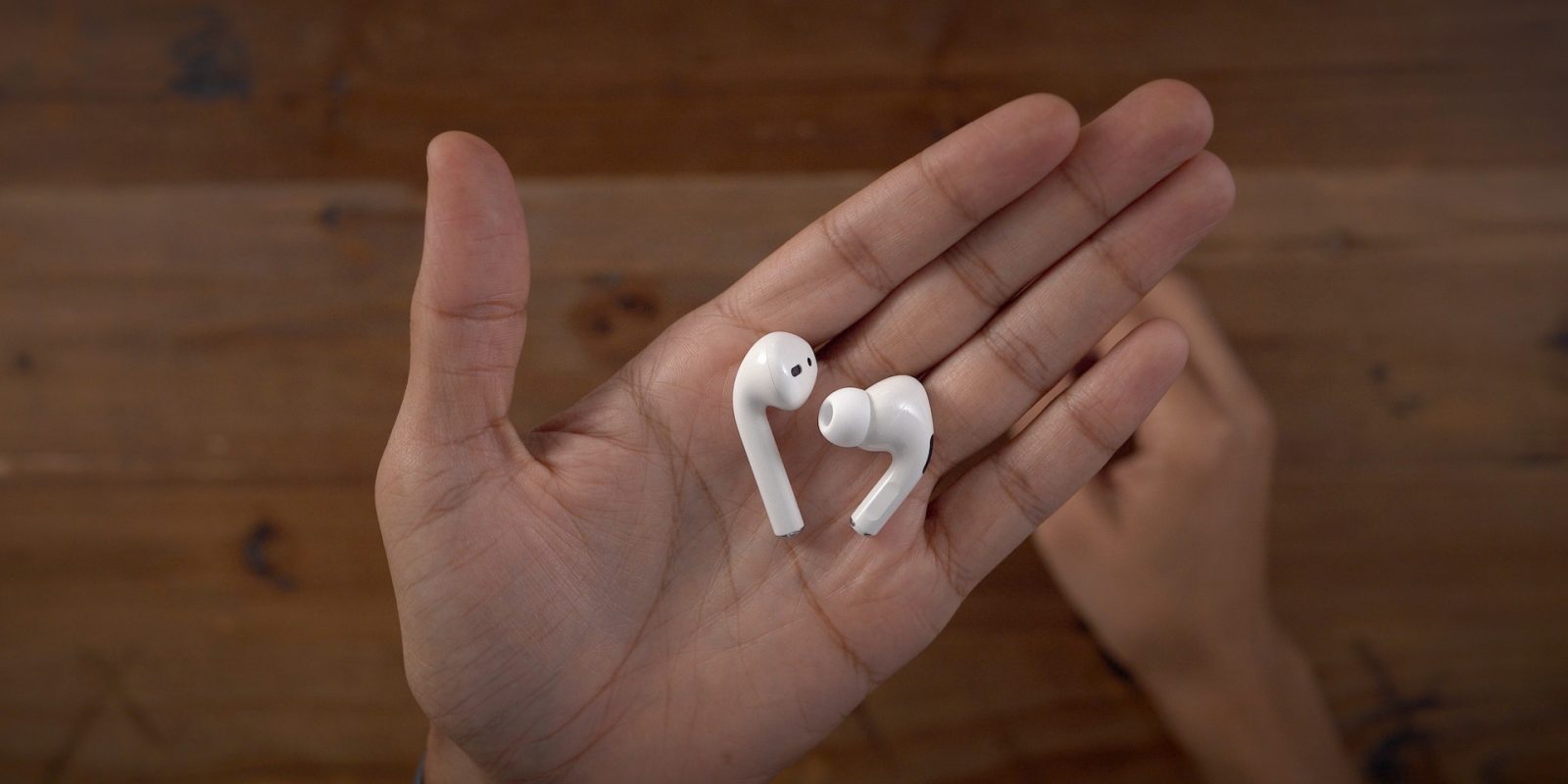Article Title:
Apple’s Partial Victory in AirPods Pro Crackling Lawsuit: A Closer Look
In a recent legal development, Apple Inc. has achieved a partial victory in a class-action lawsuit concerning alleged sound defects in its first-generation AirPods Pro. The lawsuit, initiated by nine consumers from seven states, claimed that AirPods Pro units sold between 2019 and 2022 exhibited audio issues such as crackling sounds and excessive background noise. The plaintiffs accused Apple of misrepresenting the noise-canceling capabilities of the devices and failing to disclose these defects.
U.S. District Judge Noël Wise, presiding over the case in San Jose, California, dismissed the nationwide consumer protection and warranty claims, citing insufficient factual detail provided by the plaintiffs. Additionally, a claim for unjust enrichment under California law was also dismissed. However, Judge Wise allowed the plaintiffs to proceed with allegations that Apple omitted material facts about the defects. The court has granted the plaintiffs 21 days to amend their complaint.
Apple has consistently denied any wrongdoing, labeling the lawsuit as meritless. The company has not issued an immediate response to the recent court ruling.
Background of the Issue
The AirPods Pro, launched in October 2019, quickly became popular for their advanced features, including Active Noise Cancellation (ANC). However, within months of their release, users began reporting issues such as crackling or static sounds, especially in loud environments, during exercise, or while on phone calls. Some users also noted that the ANC feature was not functioning as expected, leading to a loss of bass sound or an increase in background noises like street or airplane sounds.
In response to these complaints, Apple initiated a service program in October 2020, offering free repairs or replacements for affected units manufactured before October 2020. The program was initially set to cover devices for two years after the first retail sale but was later extended to three years, acknowledging the persistence of the issues.
Details of the Lawsuit
The class-action lawsuit, titled LaBella et al v. Apple Inc., was filed in the United States District Court for the Northern District of California. The plaintiffs alleged that Apple continued to sell AirPods Pro units with known defects, thereby violating consumer protection laws and engaging in false advertising. They argued that Apple was aware of the issues but failed to adequately address them, even after launching the service program.
The lawsuit also claimed that the problems were not limited to units manufactured before October 2020. According to the plaintiffs, all first-generation AirPods Pro devices were susceptible to the defects, and the replacements provided under the service program often exhibited the same issues. This led to accusations that Apple misrepresented the product’s quality and failed to inform consumers about the defects, which could have influenced purchasing decisions.
Apple’s Response and Legal Proceedings
Apple has maintained that the lawsuit lacks merit and has denied any allegations of wrongdoing. The company’s defense emphasized that the service program was implemented to address the reported issues and that they have taken appropriate steps to assist affected customers.
During the legal proceedings, Judge Noël Wise dismissed several claims due to insufficient factual detail but allowed the case to proceed on the grounds that Apple may have omitted material facts about the defects. The plaintiffs have been given 21 days to amend their complaint to provide more specific allegations.
Implications for Consumers
For consumers who own first-generation AirPods Pro and have experienced similar issues, this lawsuit highlights the importance of being aware of service programs and warranty extensions offered by manufacturers. Apple’s extension of the service program to three years after the first retail sale provides an opportunity for affected users to seek repairs or replacements at no cost.
Consumers are encouraged to contact Apple Support or visit an Apple Authorized Service Provider to determine if their devices are eligible for the service program. It’s essential to address these issues promptly, as the extended coverage period may be approaching its end for some users.
Looking Ahead
As the lawsuit progresses, it will be crucial to monitor how Apple addresses the allegations and whether any further actions will be taken to resolve the issues with the AirPods Pro. This case also serves as a reminder for companies to maintain transparency with consumers regarding product defects and to take swift action to rectify any problems that arise.
For now, AirPods Pro users experiencing audio issues should take advantage of the available service programs and stay informed about any developments related to the lawsuit and potential remedies offered by Apple.



